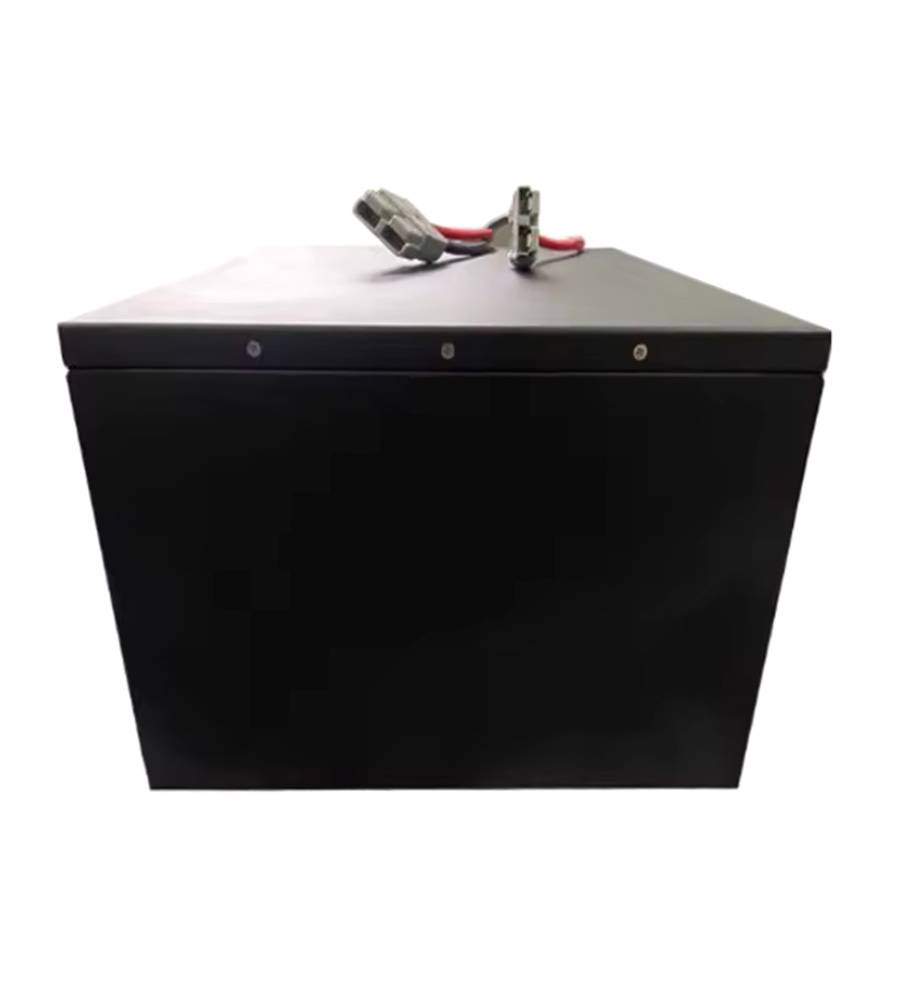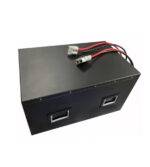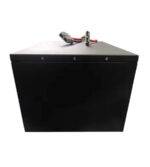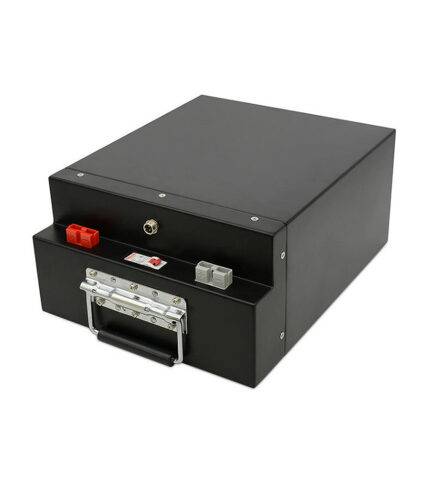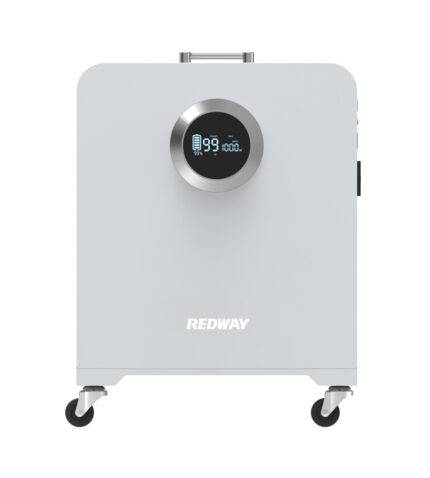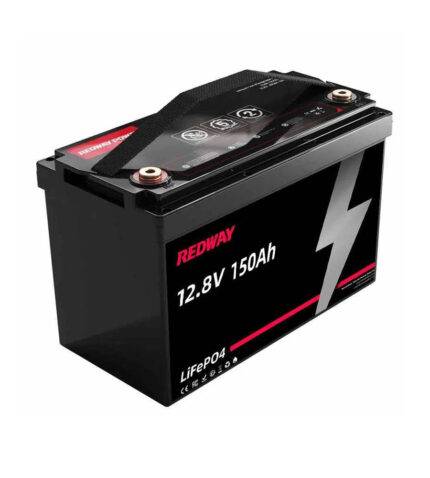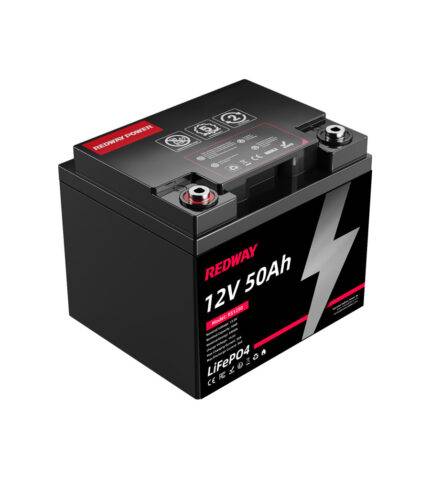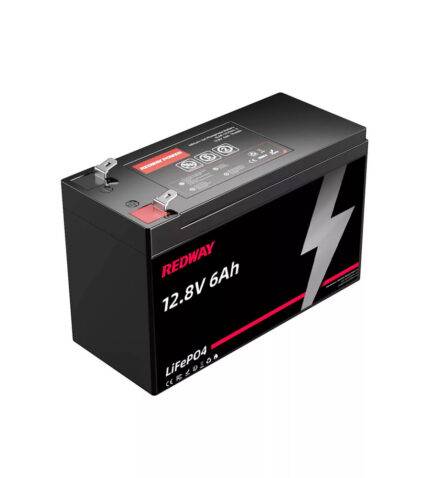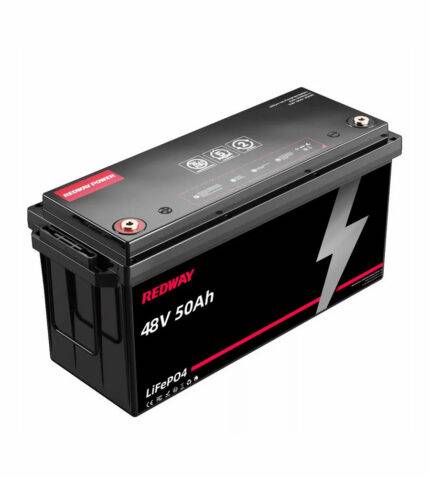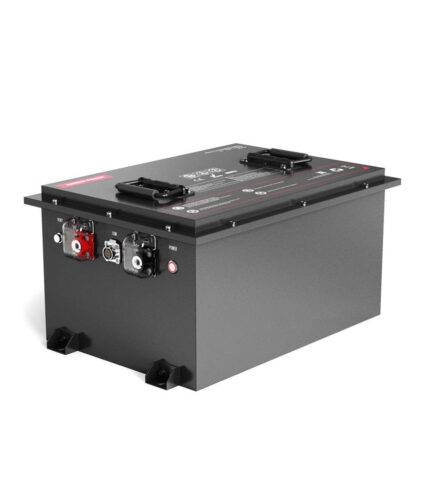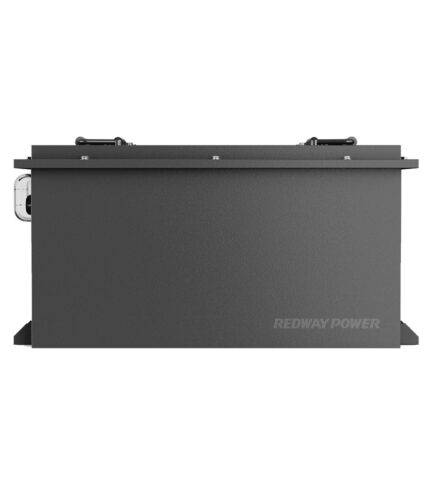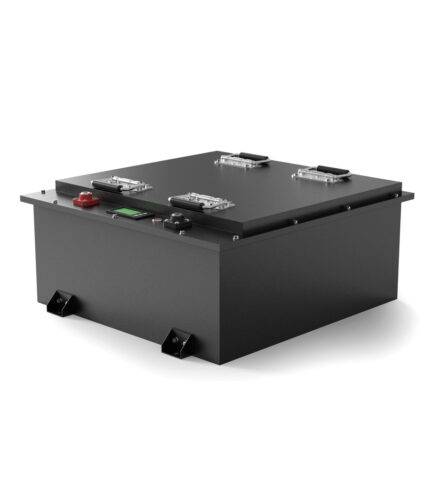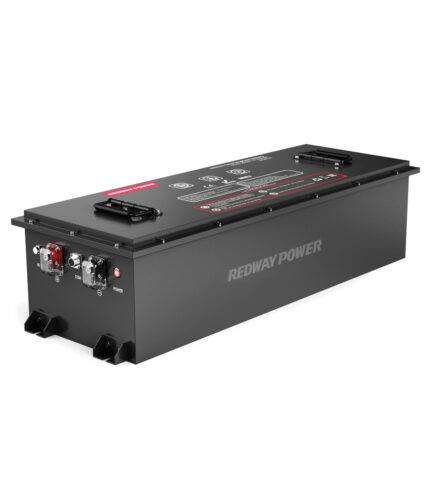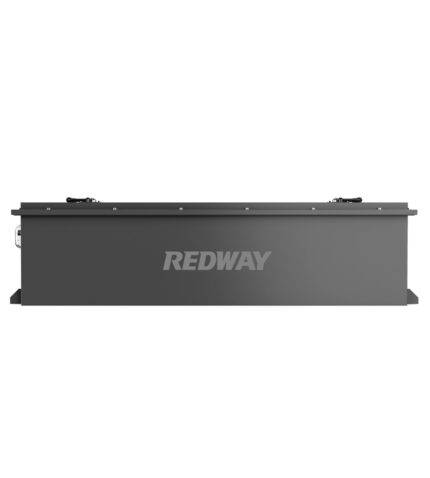- Forklift Lithium Battery
-
48V
- 48V 210Ah
- 48V 300Ah
- 48V 420Ah (949 x 349 x 569 mm)
- 48V 420Ah (950 x 421 x 450 mm)
- 48V 456Ah
- 48V 460Ah (830 x 630 x 590 mm)
- 48V 460Ah (950 x 421 x 450 mm)
- 48V 460Ah (800 x 630 x 600 mm)
- 48V 460Ah (820 x 660 x 470 mm)
- 48V 500Ah
- 48V 560Ah (810 x 630 x 600 mm)
- 48V 560Ah (950 x 592 x 450 mm)
- 48V 600Ah
- 48V 630Ah
-
48V
- Lithium Golf Cart Battery
- 12V Lithium Battery
12V 150Ah Lithium RV Battery
Bluetooth App | BCI Group 31
LiFePO4 Lithium
Discharge Temperature -20°C ~ 65°C
Fast Charger 14.6V 50A
Solar MPPT Charging - 24V Lithium Battery
- 36V Lithium Battery
- 48V Lithium Battery
-
48V LiFePO4 Battery
- 48V 50Ah
- 48V 50Ah (for Golf Carts)
- 48V 60Ah (8D)
- 48V 100Ah (8D)
- 48V 100Ah
- 48V 100Ah (Discharge 100A for Golf Carts)
- 48V 100Ah (Discharge 150A for Golf Carts)
- 48V 100Ah (Discharge 200A for Golf Carts)
- 48V 150Ah (for Golf Carts)
- 48V 160Ah (Discharge 100A for Golf Carts)
- 48V 160Ah (Discharge 160A for Golf Carts)
-
48V LiFePO4 Battery
- 60V Lithium Battery
-
60V LiFePO4 Battery
- 60V 20Ah
- 60V 30Ah
- 60V 50Ah
- 60V 50Ah (Small Size / Side Terminal)
- 60V 100Ah (for Electric Motocycle, Electric Scooter, LSV, AGV)
- 60V 100Ah (for Forklift, AGV, Electric Scooter, Sweeper)
- 60V 150Ah (E-Motocycle / E-Scooter / E-Tricycle / Tour LSV)
- 60V 200Ah (for Forklift, AGV, Electric Scooter, Sweeper)
-
60V LiFePO4 Battery
- 72V~96V Lithium Battery
- Rack-mounted Lithium Battery
- E-Bike Battery
- All-in-One Home-ESS
- Wall-mount Battery ESS
-
Home-ESS Lithium Battery PowerWall
- 24V 100Ah 2.4kWh PW24100-S PowerWall
- 48V 50Ah 2.4kWh PW4850-S PowerWall
- 48V 50Ah 2.56kWh PW5150-S PowerWall
- 48V 100Ah 5.12kWh PW51100-F PowerWall (IP65)
- 48V 100Ah 5.12kWh PW51100-S PowerWall
- 48V 100Ah 5.12kWh PW51100-H PowerWall
- 48V 200Ah 10kWh PW51200-H PowerWall
- 48V 300Ah 15kWh PW51300-H PowerWall
PowerWall 51.2V 100Ah LiFePO4 Lithium Battery
Highly popular in Asia and Eastern Europe.
CE Certification | Home-ESS -
Home-ESS Lithium Battery PowerWall
- Portable Power Stations
48V 200Ah Lithium Battery
• Battery Applications: Electric Scooter, E-Rickshaw, E-Trishaw, E-Motorcycle, AGV, LGV, RGV, AMR, Floor Cleaning Machine, Floor Scrubber, etc.
• Cell: LiFePO4
• MOQ: 5
• Delivery: 20 Days
• Customizable / OEM / ODM: Yes
• Factory: Redway, Dongguan, Guangdong, China
• Delivery Terms: FOB, EXW, CIF
• Payment: T/T, L/C, PayPal
• Sea / Air / Land Shipment: 10FT, 20FT, 40FT, 60FT
Description
This battery is the 48V 200Ah Lithium Battery from Redway Power, a prominent manufacturer based in China that specializes in high-performance lithium-ion batteries. Engineered with advanced LiFePO4 technology, this battery is designed to provide reliable and efficient energy solutions for various applications, ensuring long-lasting performance and safety.
Key Features
- High Capacity: With a nominal capacity of 200Ah and an energy output of 9.6 kWh, this battery is perfect for powering demanding applications.
- Long Cycle Life: Capable of over 4,000 cycles at 80% depth of discharge (DOD), it offers exceptional longevity, reducing the need for frequent replacements.
- Robust Design: Rated at IP65, this battery is protected against dust and water, making it suitable for use in challenging environments.
- Intelligent Battery Management System (BMS): Features a sophisticated BMS that provides protection against overcharging, overheating, and short circuits, ensuring safe operation.
- Customizable Options: As an OEM provider, Redway Power offers tailored solutions to meet specific customer requirements, including dimensions and additional functionalities.
Applications
The 48V 200Ah Lithium Battery is ideal for a wide range of applications, including:
- Electric scooters
- E-rickshaws and e-trishaws
- E-motorcycles
- Automated Guided Vehicles (AGVs)
- Floor cleaning machines and scrubbers
With a charge voltage of 54.75V and a discharge voltage of 42V, this battery is optimized for various operational needs. It operates effectively across a temperature range from -20°C to 65°C, making it versatile enough for different industrial settings.
The lightweight design of the battery facilitates easy installation and integration into existing systems, while its high performance ensures that your equipment operates efficiently throughout the day. Additionally, the battery supports fast charging capabilities, allowing for quicker turnaround times between uses.
As a trusted factory in China, Redway Power is committed to delivering high-quality lithium-ion batteries that enhance productivity and sustainability in your operations. The 48V 200Ah Lithium Battery not only reduces downtime but also contributes to lower operational costs due to its efficiency and long lifespan.
Investing in this battery means choosing a reliable power solution that meets the demands of modern electric vehicles and industrial applications while supporting your business’s growth and sustainability goals. Choose Redway Power for your lithium battery needs and experience unparalleled performance and service.
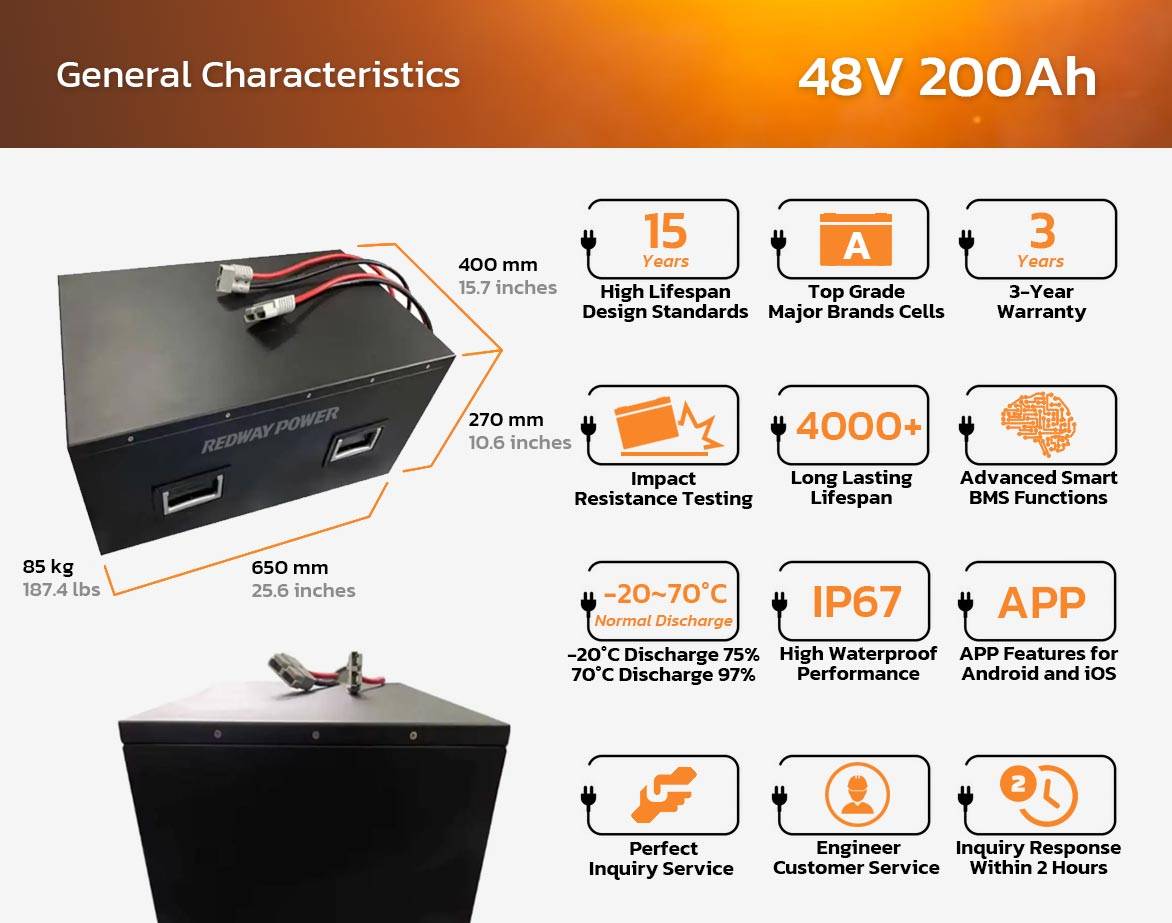
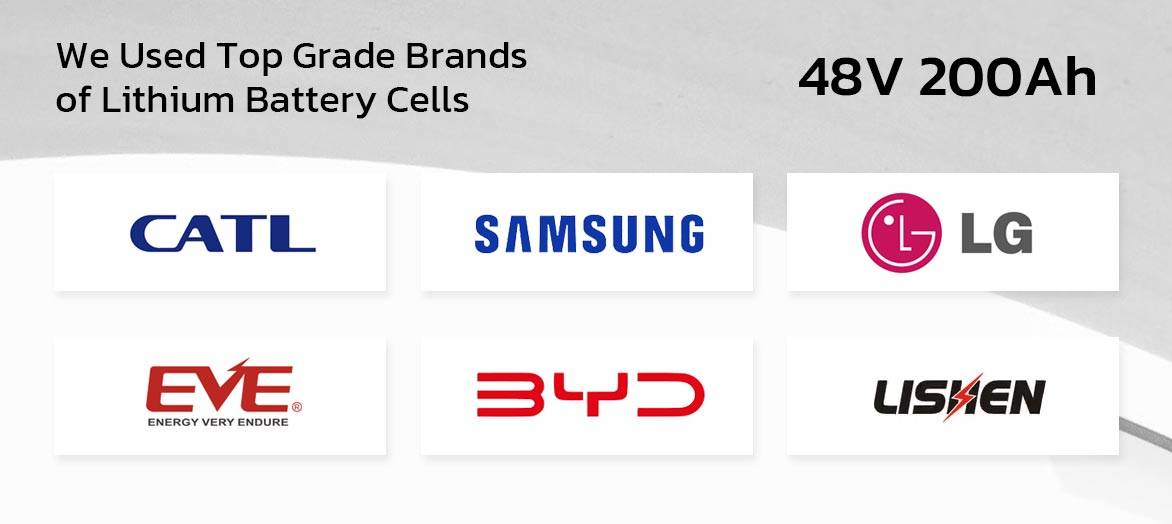
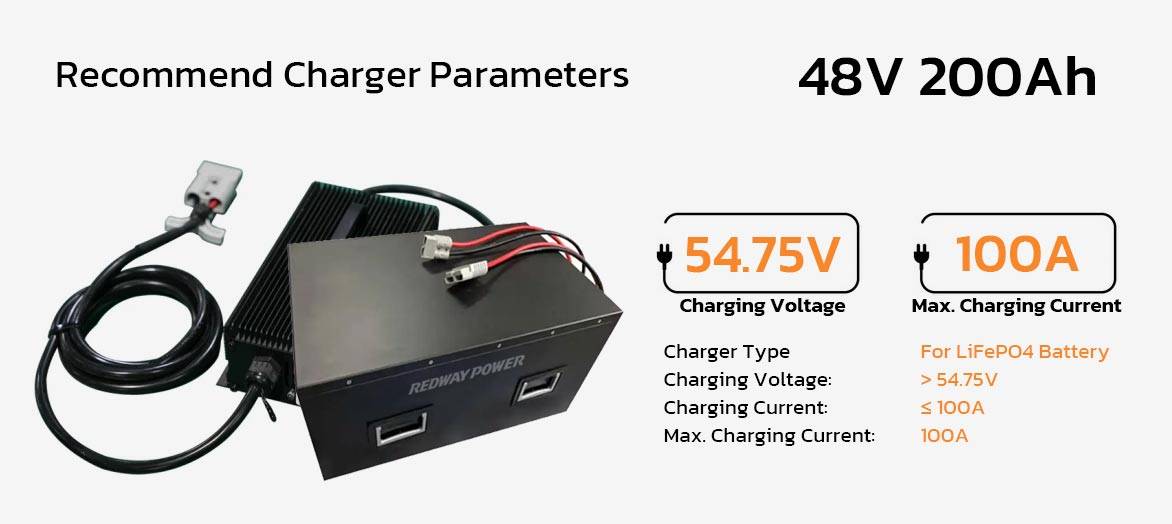
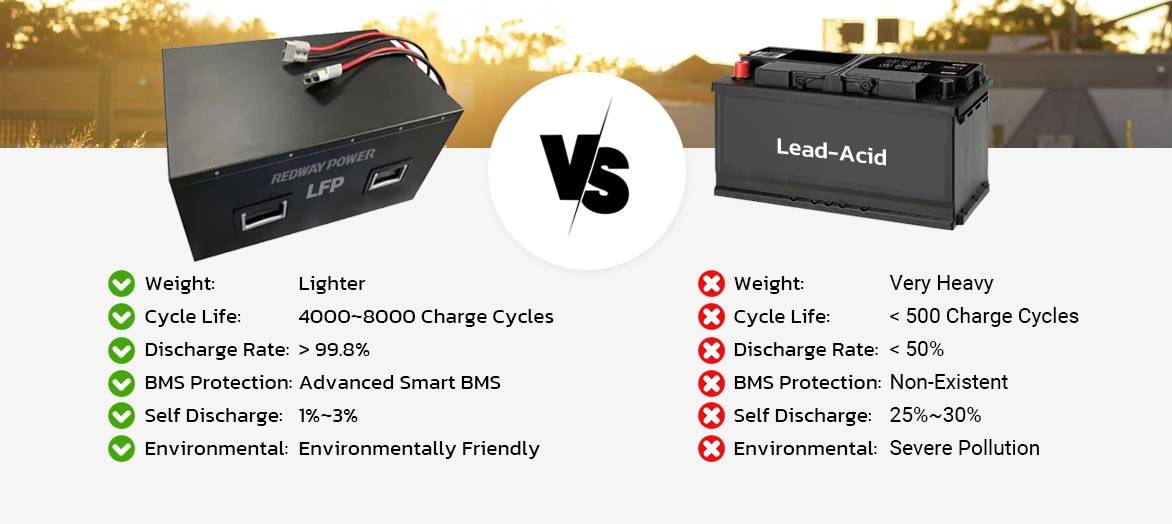
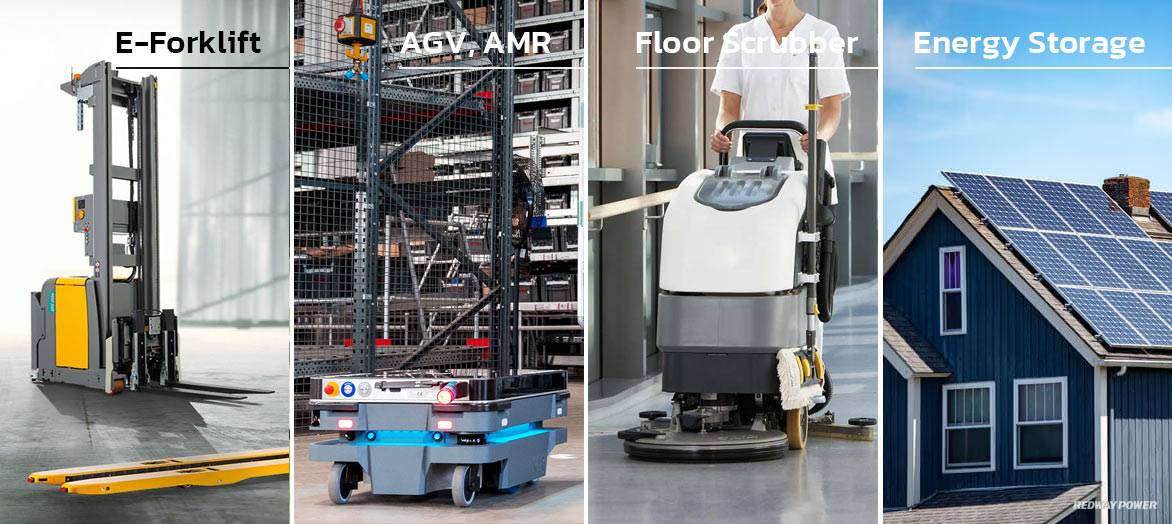
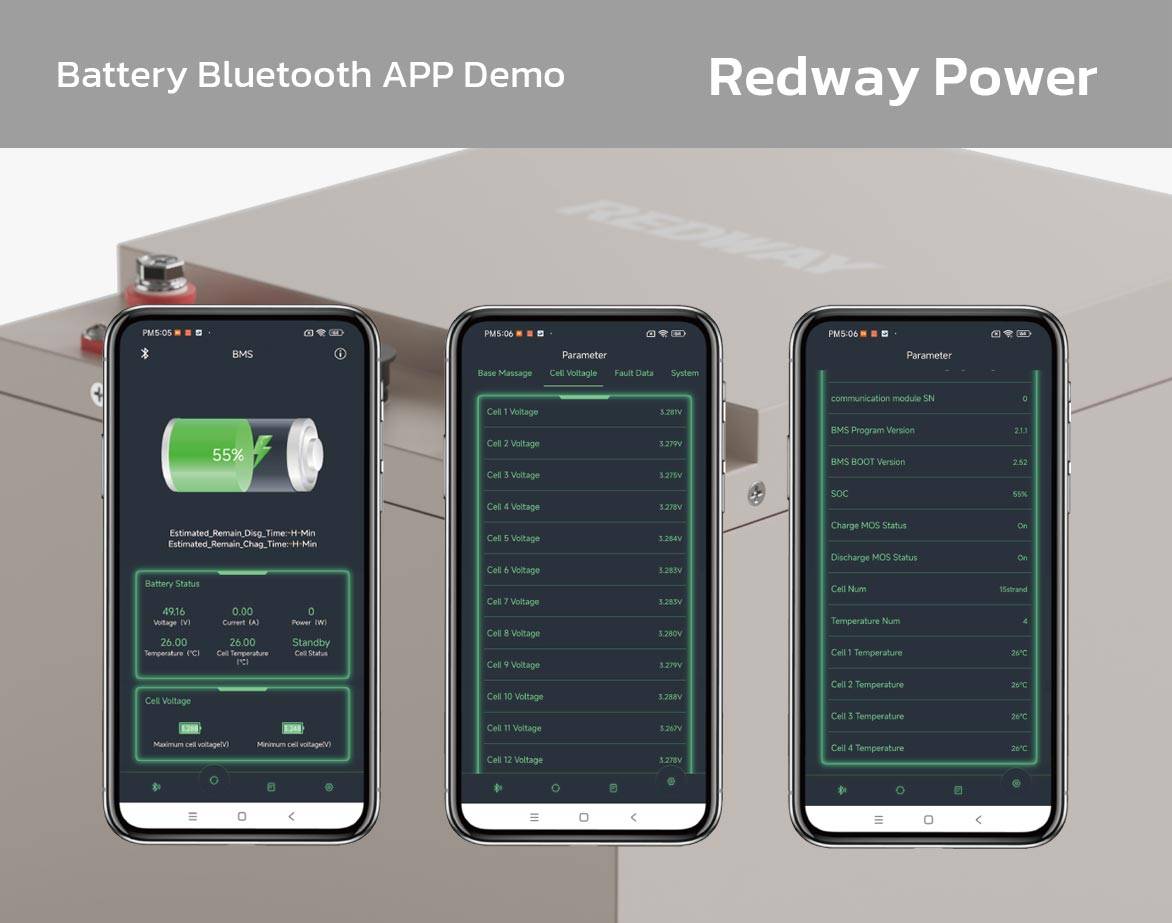
Specifications
Download 48V 200Ah (AGV, RGV, AMR, LGV) Lithium Battery Datasheet
Note: Our products are customizable, allowing customers to modify the main data according to their requirements.
| 48V 200Ah LFP | Specifications |
|---|---|
| Battery Applications | Electric Scooter, E-Rickshaw, E-Trishaw, E-Motorcycle, AGV, LGV, RGV, AMR, Floor Cleaning Machine, Floor Scrubber, etc. |
| Cell Type | LiFePO4 |
| Nominal Voltage | 48V |
| Nominal Capacity | 200Ah |
| Nominal Energy | 9.6kWh |
| Charge Voltage | 54.75V |
| Discharge Voltage | 42V |
| Max Charge Current | 100A (Continues) |
| Max Discharge Current | 200A (Continues) |
| Peak Discharge Current | 400A (10s) |
| Dimensions [L x W x H] | 650 x 400 x 270 mm 25.6 x 15.7 x 10.6 inches |
| Weight | 85 kg 187.4 lb |
| IP Rating | IP65 |
| Cycle Life | >4000 cycles (DOD 80%) |
| Self-Discharge | 2% (Per month) |
| Charge Temperature | 0°C ~ 60°C |
| Discharge Temperature | -20°C ~ 65°C |
| Optional Upgrades | Self-heating / Bluetooth / APP / WiFi / 4G / GPS / LCD Display / RS485 / RS232 / CAN-bus / Active Balance / TACP / Anti-theft / etc. |
| Battery Case | Metal (Black) |
| Design Life | 20 Years |
| Silkscreen / Label Printing / Laser Logo | Yes |
| User Manual | Yes |
| OEM / ODM | Yes |
Applications and FAQs
48V 200Ah LiFePO4 batteries offer a substantial upgrade from traditional deep cycle batteries, making them ideal for various applications like home alarm systems, camping, and solar lighting. Compared to standard sealed lead-acid (SLA) batteries with around 500 cycles, these lithium iron phosphate batteries can last up to 4000 cycles, leading to a significantly lower cost per use. Their longevity, efficiency, and performance make them the preferred choice in today's market, offering reliability and cost-effectiveness for a wide range of uses.
What is a 48V 200Ah lithium battery?
A 48V 200Ah lithium-ion battery is a high-performance energy storage solution suitable for various applications requiring reliable and long-lasting power. It offers substantial advantages over traditional lead-acid batteries, including lightweight design and exceptional performance in deep cycle applications. These batteries are commonly utilized in industries requiring energy autonomy, such as off-grid setups and backup power systems like UPS units.
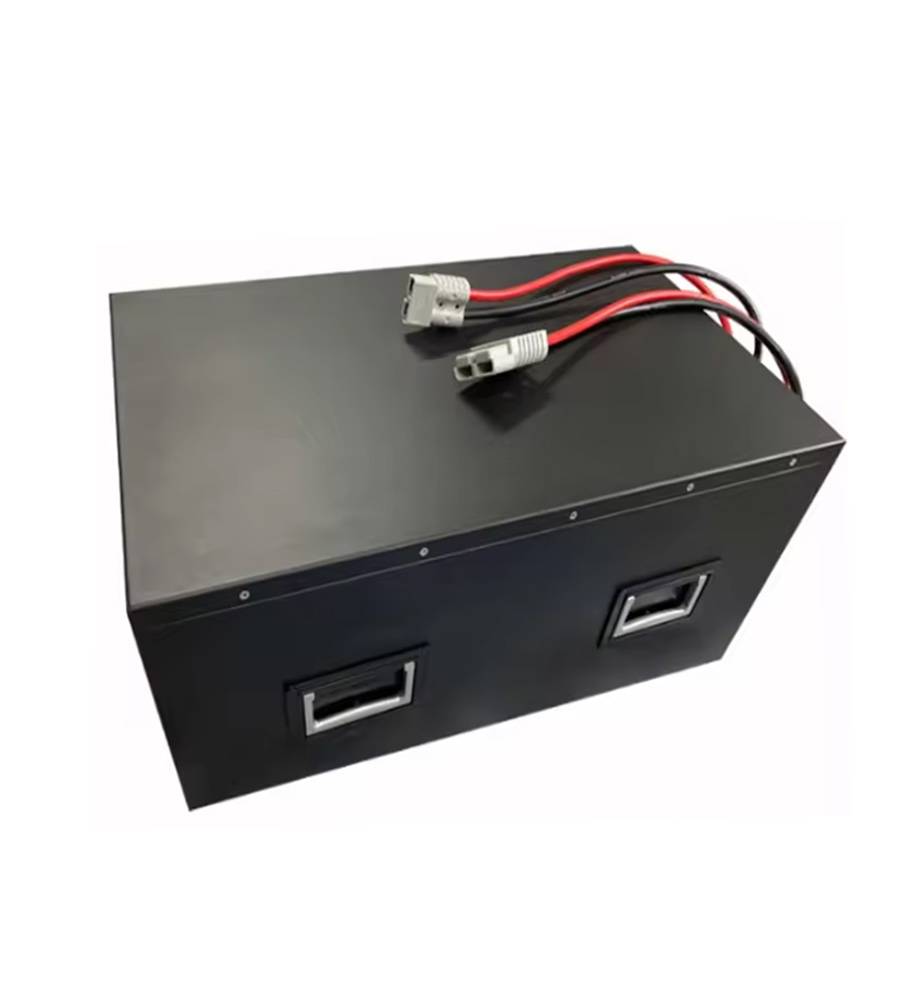
Regarding specifications, a 48V 200Ah battery can sustain a continuous current output of 50 Amperes over 10 hours, resulting in a total capacity of 500Ah. With a voltage of 48 volts, this translates to an impressive energy storage capacity of 24,000 Watt-hours or 24kWh.
Overall, a 48V 200Ah lithium battery serves as a versatile and dependable power solution, catering to a wide range of industrial, commercial, and residential energy storage needs.
Where can you use a 48V 200Ah battery?
A 48V 200Ah battery finds extensive use across various industries and applications due to its versatility and high energy storage capacity. Here are some common uses:
- Renewable Energy Storage: Integrated into solar power systems to store excess energy generated during peak sunlight hours for use during periods of low sunlight or at night.
- Electric Vehicles: Used in electric cars, golf carts, and other EVs for propulsion and auxiliary power, providing a reliable and efficient energy source for transportation.
- Telecommunications: Employed as backup power for cell towers, communication networks, and remote telemetry systems to ensure continuous operation during power outages.
- UPS Systems: Utilized in uninterruptible power supply (UPS) systems for data centers, hospitals, and critical infrastructure to provide backup power in the event of a mains power failure.
- Industrial Equipment: Integrated into forklifts, electric pallet jacks, and material handling equipment to power electric motors and provide energy storage for extended operation.
- Marine Applications: Installed in boats, yachts, and marine vessels to power electric propulsion systems and onboard electronics, offering reliable and efficient power on the water.
- Off-Grid Power Systems: Used in off-grid cabins, remote villages, and telecommunication towers to provide standalone power solutions where access to the grid is limited or unavailable.
- Backup Power for Homes: Employed as a backup power source for residential homes to provide electricity during grid outages, ensuring continuity of essential appliances and systems.
- Industrial Automation: Integrated into automation systems, robotics, and industrial machinery to provide backup power and ensure uninterrupted operation in manufacturing facilities.
- Emergency Lighting: Utilized in emergency lighting systems for buildings, tunnels, and public spaces to provide illumination during power outages or emergencies.
Overall, the versatility, reliability, and high energy storage capacity of a 48V 200Ah battery make it suitable for a wide range of applications across multiple industries, providing efficient and sustainable power solutions.
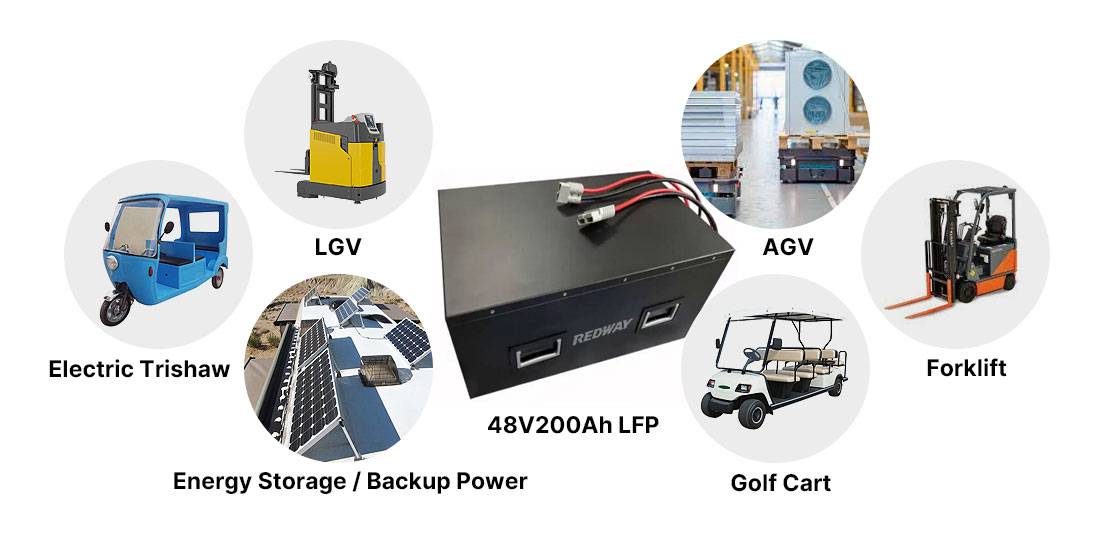
What are the advantages of a 48V 200Ah lithium-ion battery?
A 48V 200Ah lithium-ion battery offers several advantages over other types of energy storage solutions:
- High Energy Density: Lithium-ion batteries have a higher energy density compared to lead-acid batteries, meaning they can store more energy in a smaller and lighter package.
- Long Cycle Life: Lithium-ion batteries typically have a longer cycle life than lead-acid batteries, meaning they can be charged and discharged more times before needing replacement.
- Fast Charging: Lithium-ion batteries can be charged at a faster rate compared to lead-acid batteries, reducing downtime and increasing productivity.
- Efficiency: Lithium-ion batteries have high charge/discharge efficiency, meaning they can convert more stored energy into usable power with less wasted energy loss.
- Lightweight and Compact Design: Lithium-ion batteries are lighter and more compact than lead-acid batteries, making them easier to transport, install, and integrate into various applications.
- No Maintenance: Lithium-ion batteries require minimal maintenance compared to lead-acid batteries, which may need regular watering, equalization charging, and cleaning of terminals.
- Deep Discharge Capability: Lithium-ion batteries can be safely discharged to a much lower state of charge compared to lead-acid batteries without causing damage or reducing lifespan.
- Environmental Friendliness: Lithium-ion batteries are more environmentally friendly than lead-acid batteries since they do not contain toxic heavy metals such as lead and cadmium.
- Versatility: Lithium-ion batteries can be used in a wide range of applications, including electric vehicles, renewable energy storage systems, backup power systems, and more.
Overall, the advantages of a 48V 200Ah lithium-ion battery include higher energy density, longer cycle life, faster charging, improved efficiency, lightweight and compact design, minimal maintenance, deep discharge capability, and environmental friendliness, making them a preferred choice for many modern energy storage applications.
What are the disadvantages of a 48V 200Ah lithium battery?
Despite their numerous advantages, 48V 200Ah lithium batteries also come with some drawbacks:
- Higher Initial Cost: One significant downside is the higher upfront cost compared to lead-acid batteries, which may discourage users, especially those with limited budgets.
- Potential Degradation: Lithium-ion batteries can degrade if exposed to extreme temperatures or overcharged. Proper management and monitoring systems are necessary to prevent degradation and ensure longevity.
- Safety Concerns: There are safety concerns regarding thermal runaway and the risk of fire if the battery is damaged or mishandled. Appropriate handling and safety precautions are essential to mitigate these risks and ensure safe operation.
How long will a 48V 200Ah battery last if fully charged?
The duration a 48V 200Ah battery will last when fully charged depends on several factors:
- Load: The amount of current drawn from the battery affects its discharge rate. Higher loads result in faster depletion of the battery's charge.
- Efficiency: Efficiency losses occur during charging and discharging, affecting the actual usable capacity of the battery.
- Temperature: Operating temperature impacts battery performance and lifespan. Extreme temperatures, especially high heat, can degrade battery performance and reduce its effective capacity.
- Depth of Discharge (DOD): Discharging the battery to a lower state of charge reduces its lifespan. Shallower discharges extend battery life compared to deep discharges.
- Battery Chemistry and Quality: Different lithium-ion chemistries and battery quality can affect the overall lifespan and performance of the battery.
Given these factors, it's challenging to provide an exact duration without specific details of the application and usage conditions. However, you can estimate the battery's operating time by dividing its capacity (200Ah) by the current draw of the load in amperes. For example, if the load draws 10 amperes, the battery is expected to last approximately 20 hours (200Ah ÷ 10A = 20 hours) under optimal conditions.
48V 200Ah lithium battery vs lead-acid battery, which is better?
A deep cycle 48V 200Ah lithium battery surpasses a deep cycle lead-acid battery in several aspects.
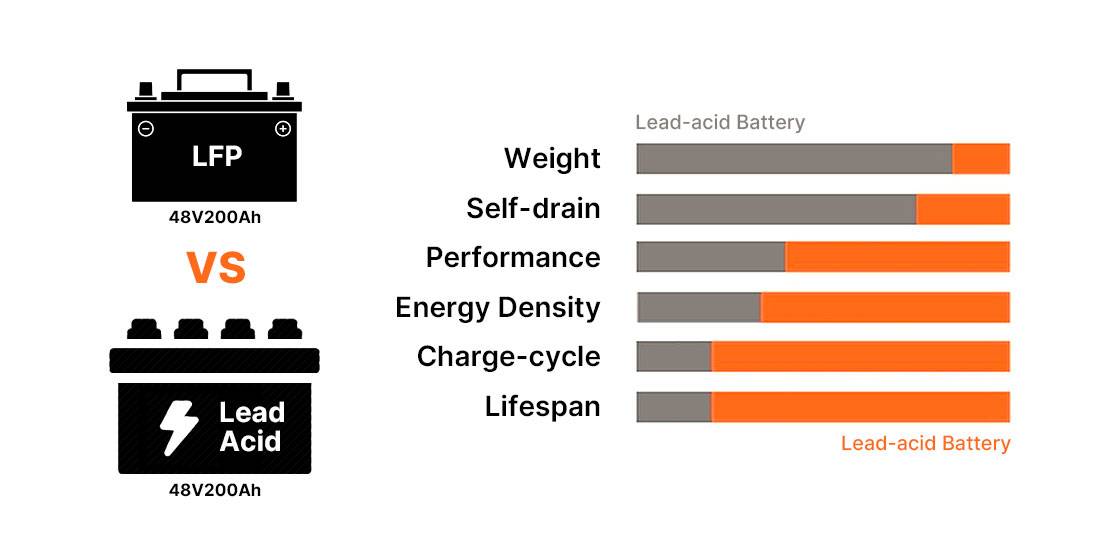
-
- Energy Density:
- Lithium Battery: Higher energy density, providing more power in a smaller and lighter package.
- Lead-Acid Battery: Lower energy density, requiring more space and weight for equivalent power storage.
- Cycle Life:
- Lithium Battery: Lithium batteries offer a longer cycle life. Despite being expensive, lithium batteries offer 80-90% Depth of Discharge (DOD) and up to 4000 cycles.
- Lead-Acid Battery: Lead-acid batteries offer 50% DOD and a maximum of 500 times.
- Charging Speed:
- Lithium Battery: Faster charging capability, reducing downtime and increasing productivity.
- Lead-Acid Battery: Slower charging compared to lithium batteries, potentially leading to longer charging times.
- Maintenance:
- Lithium Battery: Requires minimal maintenance, eliminating the need for regular watering and cleaning.
- Lead-Acid Battery: Requires periodic maintenance such as watering, equalization charging, and terminal cleaning, increasing operational complexity.
- Deep Discharge Capability:
- Lithium Battery: Can safely discharge to lower levels without damage, providing more usable capacity.
- Lead-Acid Battery: Limited deep discharge capability, requiring shallower discharges to prolong battery life.
- Environmental Impact:
- Lithium Battery: Generally cleaner and more environmentally friendly, containing fewer toxic materials and having lower emissions during operation.
- Lead-Acid Battery: Contains toxic materials such as lead and sulfuric acid, posing environmental risks during production, use, and disposal.
- Initial Cost:
- Lithium Battery: Higher upfront cost compared to lead-acid batteries.
- Lead-Acid Battery: Lower initial cost, making it more budget-friendly for some applications.
- Safety:
- Lithium Battery: Generally safe when handled properly but can pose safety risks if mishandled or abused.
- Lead-Acid Battery: Generally safe but can emit hydrogen gas during charging, posing explosion hazards in confined spaces.
- Energy Density:
Overall, the choice between a 48V 200Ah lithium battery and a lead-acid battery depends on specific application requirements, budget constraints, and environmental considerations. While lithium batteries offer advantages in energy density, cycle life, charging speed, and maintenance, lead-acid batteries may be preferred for their lower initial cost and established technology in certain applications.
What quality standards does Redway Power apply to the 48V 200Ah lithium battery?
Redway Power applies stringent quality standards to its 48V 200Ah lithium battery to ensure reliability and safety:
- Adherence to International Standards: Compliance with ISO 9001 for quality management systems and ISO 14001 for environmental management during manufacturing.
- Certifications for Safety and Compliance: Obtaining certifications such as UL (Underwriters Laboratories) or CE (Conformité Européenne) to demonstrate adherence to safety and product standards.
- Rigorous Testing Procedures: Subjecting batteries to thorough testing, including the IEC 62133 test, to verify safety and prevent short-circuiting.
- Stringent Manufacturing Processes: Implementing strict manufacturing processes to maintain consistency and quality throughout battery production.
- Comprehensive Quality Control Measures: Employing extensive quality control measures to monitor and ensure battery quality and performance at every stage of production.
These measures guarantee that the 48V 200Ah lithium battery meets industry and regulatory requirements, providing users with reliable performance and safety assurance.
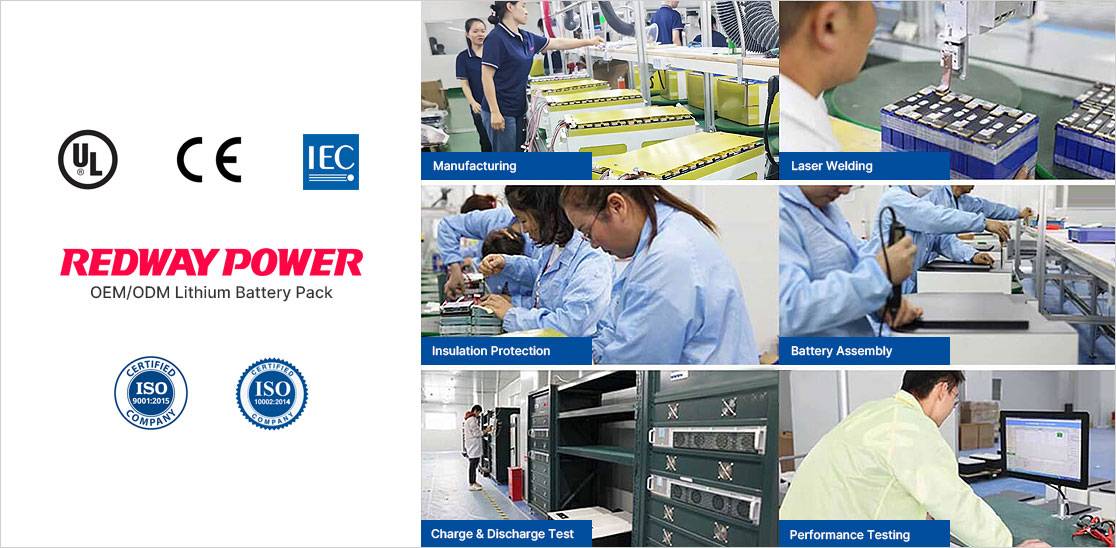
Is it safer to use a 48V 200Ah lithium-ion battery in small size vehicles?
Yes, using a 48V 200Ah lithium-ion battery in small-sized vehicles can offer enhanced safety compared to traditional lead-acid batteries. Lithium-ion batteries are inherently safer due to their stable chemistry and reduced risk of leakage or spillage, making them suitable for compact vehicle installations where space is limited. Additionally, lithium batteries have built-in protection circuits to prevent overcharging, over-discharging, and short circuits, mitigating potential safety hazards. However, proper installation, handling, and maintenance are essential to maximize safety and prevent accidents, regardless of the battery type used.
What are the features of a 48V 200Ah lithium-ion battery?
A 48V 200Ah lithium-ion battery is characterized by several features that make it a preferred choice for various applications. These features include high energy density, allowing for more energy storage in a smaller and lighter package compared to traditional lead-acid batteries. It also offers a long cycle life, with the ability to endure numerous charge and discharge cycles without significant capacity degradation, ensuring reliable performance over time. Additionally, lithium-ion batteries charge more efficiently, have a lower self-discharge rate, and require minimal maintenance, making them a cost-effective and hassle-free power solution.
What are the specifications of a 48V 200Ah lithium-ion battery?
The specifications of a 48V 200Ah lithium-ion battery typically include its voltage rating of 48 volts and a capacity of 200 ampere-hours (Ah). Other important specifications may include dimensions, weight, maximum discharge current, operating temperature range, cycle life expectancy, and safety features such as built-in protection circuits. These specifications vary depending on the manufacturer and intended application, so it's essential to review the datasheet or product specifications to ensure compatibility and optimal performance in specific use cases.
How to maintain a 48V 200Ah lithium-ion battery?
Maintaining a 48V 200Ah lithium-ion battery is crucial for maximizing its lifespan and ensuring optimal performance. Here's how to effectively maintain your lithium battery:
- Follow Manufacturer Guidelines:Adhere to all guidelines provided by the manufacturer before using the battery, and handle it with care to prevent damage.
- Regular Monitoring:Avoid leaving the lithium battery unattended for extended periods. Regularly check the battery status and charge rate, as it may gradually self-discharge when not in use.
- Charge Before Storage:Although lithium batteries have a low self-discharge rate, it's essential to charge or discharge them before extended storage periods. Avoid storing them at high temperatures, as this can reduce their lifespan.
- Handle with Precaution:Take precautions to protect the battery from excessive vibrations, as they can affect its performance. Additionally, manage temperature and prevent overcharging (high-voltage) to maintain optimal battery health.
By following these maintenance practices, you can ensure that your 48V 200Ah lithium-ion battery remains in excellent condition, providing reliable power when needed.














